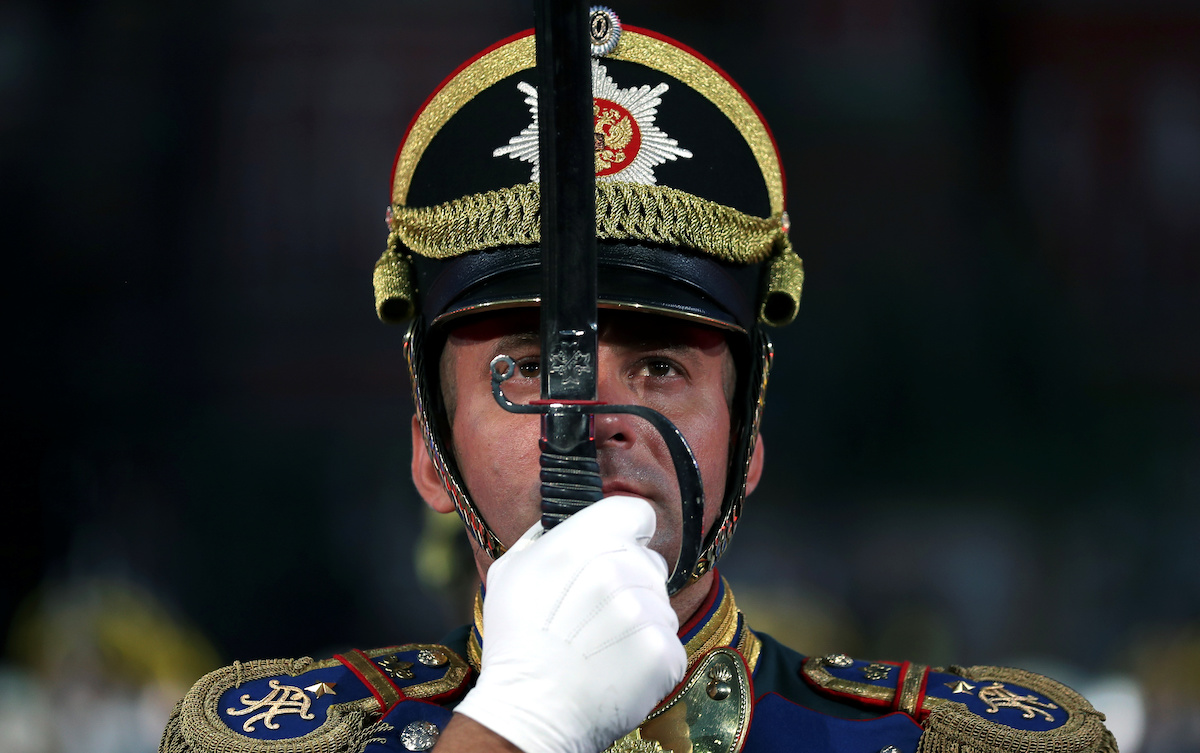Op-ed: Russian elections over – main events just beginning
The Russian elections have ended but the most interesting developments are yet to come.
The elections determined the composition of several local legislative assemblies and the candidacy of governors of several regions.
Formally, the current government won this round of elections – in the end, everyone who the authorities wanted was elected to the position of governor.
Not a single representative of the real opposition was allowed into local legislative assemblies.
• Moscow: opposition supporters face long prison sentences for tweets and participation in protests
• Authorities lose majority in Moscow parliament – a rundown of the Russian elections
In reality, this ‘win’ has come at a high price.
In order to see this, one must understand how the Russian political system works.
According to the constitution, the police system includes multiple parties. In practice, that’s not so much the case.
As a result of many years of effort, everything has been reduced to a simple scheme: there is one ruling party, United Russia, and four more parties registered and represented in various legislative bodies.
But these four are fake, extras, decorations, never and under no circumstances do they have the right to an independent opinion on any serious matter.
Their role is to reflect the mirage of a multi-party system.
But decision making is the business of United Russia (which is also not just a party, but a parliamentary instrument controlled by the executive branch).
In any election, the winners have always been known in advance – the candidates included on the list of United Russia. It has always been so for decades.
But in the summer of 2019, the system broke.
A real and not ‘toy’ opposition in form of opposition leader Alexei Navalny nominated five of its candidates to the Moscow City Duma.
The authorities decided that they would not tolerate even such a symbolic representation of the real opposition, even at the local level. The candidates were not allowed to vote through unprecedented fraud.
In response, Navalny called on his supporters to join in street protests.
Tens of thousands of people responded.
The authorities responded with police terror, arrests of activists and prison sentences for them.
And here Navalny made a move that no one expected from him: he called for a vote for any candidate, albeit for a fake opposition candidate, but most importantly – against the party in power.
And then he won: almost half of the seats in the capital’s parliament did not go to those who were put forward by United Russia.
At first glance, this is hardly a victory. What would seem to be the difference – those clowns, or these?
In fact, Navalny and his supporters achieved two fundamentally important things.
First, they showed that elections as an institution are important, and they can achieve results – albeit not yet ideal.
Secondly, they forced the authorities to retreat – they did not dare to falsify the vote count, fearing new mass street protests.
The Moscow riot is not even an intermediate result, but only the very beginning of the process.
The fact is that the protests in Moscow took place and continue to do so in a very unpleasant situation for the authorities.
• Opinion polls show a rapid decline in confidence in the current authorities, including President Putin.
• The main propaganda tool, state television, is losing its effectiveness.
• Unrest is taking place not only in the capital, but also in the regions, and for a variety of environmental reasons, due to an increase in the retirement age, police arbitrariness, or election fraud.
• And in the intellectual environment, calls for the resignation of the government and early parliamentary elections are heard more and more loudly
In the coming months, Russia may become a source of exciting news – because tough authoritarian regimes live long, but collapse quickly.



















